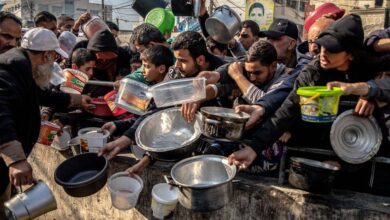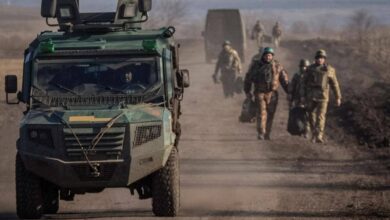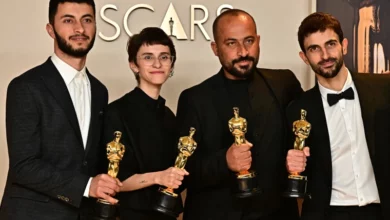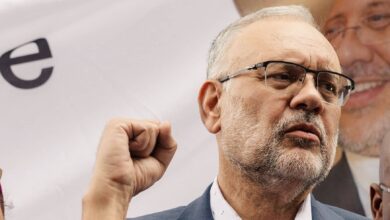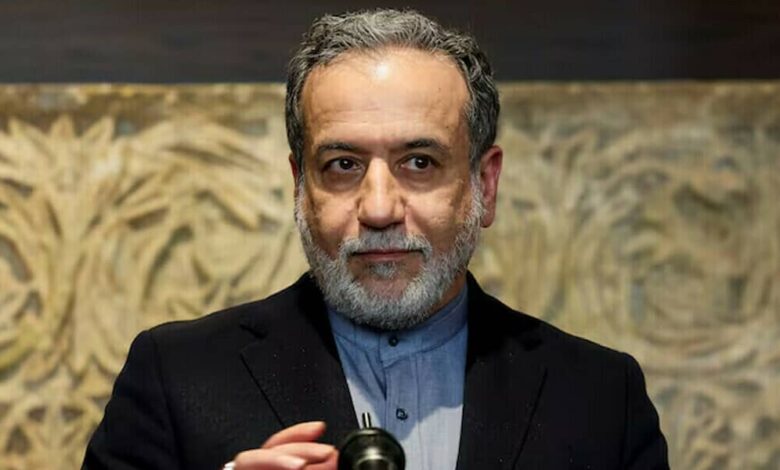
Iran has issued a stark warning to France, Germany, and the United Kingdom not to continue their push for a new censure resolution at the International Atomic Energy Agency, following a visit from the agency’s head.
The Foreign Minister of Iran, Abbas Araghchi, criticized this move by the three European countries and called it a direct challenge to the positive understanding between the IAEA and Iran. “This action by the E3 will complicate the situation further,” he said in a phone call with French Foreign Minister Jean-Noel Barrot, according to Iran’s Ministry of Foreign Affairs.
Recent classified reports from the IAEA reveal that the Islamic Republic has proposed to freeze the growth of its stockpile of 60 percent enriched uranium-a major step toward assuaging international concerns. Iran, according to reports from media outlets such as Reuters and CNN, has begun capping the inventory of high-enriched uranium at some 185 kg, or 407 pounds, a quantity merely short of the 90 percent enrichment grade required for weapons.
According to reports, this offer came during last week’s visit of IAEA chief Rafael Grossi, during his meeting with Iranian President Masoud Pezeshkian. The president expressed the desire of Iran to “resolve doubts” surrounding its nuclear program and allowed tours of sensitive nuclear sites.
Since the US unilaterally withdrew from the 2015 nuclear accord in 2018, Iran has continuously escalated the levels of its enrichment and increased its store of fissile material. In response, the US has pursued a “maximum pressure” course with a raft of crippling sanctions and military confrontations, claiming that the original agreement, also struck with the E3, China, and Russia, was insufficient and was not followed by any credible alternative.
China and Russia have invariably blocked earlier censure measures against Iran at the IAEA, including those in 2020, 2022 and June 2024. With material for several nuclear weapons, IAEA and Western intelligence agencies have reported Teheran has not pursued an immediate bomb. Tehran insists it is not trying to develop weapons of mass destruction. But Iranian officials have said that stance might shift if perceived threats from Israel and other countries escalate.
The European push for censure at the IAEA comes amid rising tensions linked to ongoing conflicts in Gaza and Ukraine. In his conversation with Barrot, Araghchi also criticized new European sanctions targeting Iran’s national airlines and shipping companies, which are based on allegations of Tehran supplying ballistic missiles to Russia for use in Ukraine, asserting that Western nations bear responsibility for supporting what he termed the “genocide” in Gaza.
